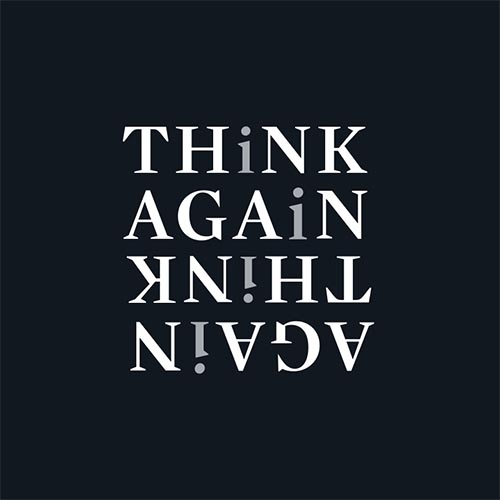…about books, art & ideas
Natural Born
They were originally Siberian nomads. Some 8 thousand years ago, they crossed the Bering Strait into North America. The Nemeruh – “the people” – came to live a primitive hunting and gathering life in eastern Wyoming . They had no pottery, no farming, no priests. They were Stone Age hunters. In the early 1600’s, Spaniards from Mexico […]




Self, Soul, and God
/in All, Books, IdeasMystics always seem to, alone in solitude, find themselves. . . and find God, at the same time.
The neuroscientist, Michael Graziano, thinks that Self, Soul, and God are all related manifestations of the human neurologic system of mental social perception. NOT, mind you, mental social thinking, rather mental social perception. He emphasizes perception – the experience of our senses – what we automatically and unconsciously consider to be real. Perceptions, he says, are believed. And what is fundamental about God, Self, and Soul, is that they are believed.
He explains, however, that our perceptions are actually constructed models in the brain, that create our experience in predetermined ways. We don’t experience them in this way, though, we experience them as objective aspects of the real world. Our minds fool us this way . . . very, very convincingly. Our minds are virtual-reality devices.
Evolution has created these constructed models of perception, in our brains, not to be ‘true’ as we think of objective reality as being ‘true’, but for the purpose of promoting our evolutionary interests and goals – survival and reproduction. They are constructed in various ways, for various kinds of perception, with or without cognitive, or motor elements, and with or without conscious elements, as natural selection has found to be best. Most importantly, Graziano emphasizes, we are NOT built to be conscious that they are constructs, Rather, we are built to believe – to feel – that they mirror objective reality. We don’t ‘think‘ them, we ‘know‘ them.
“The perceptual machinery in the brain automatically constructs models about the mental states and intentions that underlie events. We are built to do it. We do it all the time. We can’t help it. It is our heritage as social animals.”
Our social perceptions – perceptions about what other living beings, (particularly other human beings), are thinking, feeling, wanting, and planning to do, are no different than our other perceptions of the world. Our evolutionary needs require intense social perception, as other living beings are key elements of the problems and opportunities of our lives. We conjecture about the awareness and intentions and perceptions of other beings. We model their world of perceptions and what they are thinking and feeling so as to understand and cope with their actions.
“We live immersed in self-created models of minds crowding around us.”
Further, we apply social perception, both consciously and unconsciously, to ourselves. We perceive ourselves – our thoughts, our feelings, and intentions – using the same system we use to perceive others.
And, very importantly, we have as much objectivity . . . and lack of objectivity . . . about ourselves as we do of others. Our self awareness is as limited as our objectivity of others is limited. And because it is a perception, our self awareness feels as real as our other perceptions, which, unconsciously, feel objectively real. . . in us and outside of us.
And, if that is not enough:
“Somehow, we are aware of ourselves being aware, and we are aware of others being aware of their self awareness, and we feel like this awareness is disembodied” – outside of our physical being.
Disembodied, our self awareness becomes . . . our Soul, and the intentions and awareness in nature becomes . . . God.
Our social perception modeling apparatus is always on, operating, all the time. It has a built-in bias of agency and intention. We see, wherever we look, inside ourselves and outside of ourselves, agency and intention, all the time, the presence of Self, and Soul, and God.
“What is God but the perception of intentionality on a global scale?
God, Soul, Mind, Brain Michael S. A. Graziano, 2010.